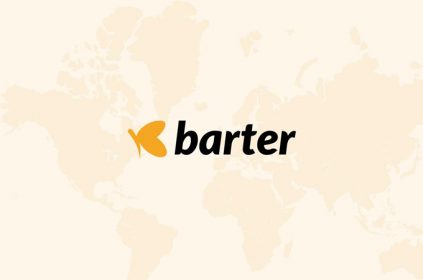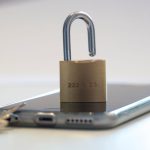Nigerian Communications Commission (NCC) has warned of an Iranian hacking group, Lyceum’ targeting cyberespionage attacks on Telcos and ISPs.
The NCC said Lyceum is targeting attacks on Telecommunications companies, ministries and internet service providers (ISPs) in Nigeria and Africa.
In a statement on Monday, NCC’s director of public affairs, Ikechukwu Adinde, said the hacking group infiltrates the network of telcos and ISPs.
“An Iranian hacking group known as Lyceum (also known as Hexane, Siamesekitten, or Spirlin) has been reported to be targeting telecoms, Internet Service Providers (ISPs) and Ministries of Foreign Affairs (MFA) in Africa with upgraded malware in a recent politically motivated attacks oriented in cyberespionage,” the statement reads.
ALSO READ: Hacker Sends 100, 000 Fake Emails Using Hacked FBI Email System
“Information about this cyber attack is contained in the latest advisory issued by the Nigerian Computer Emergency Response Team (ngCERT). The ngCERT rated the probability and damage level of the new malware as high.”
Adinde said that between July and October 2021, Lyceum attacked ISPs and telecoms in Israel, Morocco, Tunisia, and Saudi Arabia.
“The advanced persistent threat (APT) group has been linked to campaigns that hit Middle Eastern oil and gas companies in the past. Now, the group appears to have expanded its focus to the technology sector,” the statement further reads.
“In addition, the APT is responsible for a campaign against an unnamed African government’s Ministry of Foreign Affairs.”
The NCC director said Lyceum’s initial onslaught vectors – by the attackers’ mode of operation – to include credential stuffing and brute-force attacks.
He explained the hackers conduct surveillance on specific targets once they compromise their victim’s system.
The statement said Lyceum attacks with two different kinds of malware – Shark and Milan (known together as James).
Both malware are backdoors.
“Shark, a 32-bit executable written in C# and .NET, generates a configuration file for domain name system (DNS) tunnelling.
Also, it can generate Hypertext Transfer Protocol (HTTP) C2 communications;
Similarly, Milan – a 32-bit Remote Access Trojan (RAT) retrieves data,” the statement adds.
“Both are able to communicate with the group’s command-and-control (C2) servers.
“The APT maintains a C2 server network that connects to the group’s backdoors, consisting of over 20 domains, including six that were previously not associated with the threat actors.
According to reports, the hackers target individual accounts at companies of interest.
After breaching the accounts, they use them as a springboard to launch spear-phishing attacks against high-profile executives in an organization.
The attackers seek out data on subscribers and connected third-party companies.
They also can use these industries to surveil individuals of interest after compromising them.
Preventive measures
To guard against this threat, Adinde advised telecommunication companies and ISPs.
He urges the adoption of multiple layers of security and constant network monitoring to protect against potential attacks.
He further advised telecom consumers to ensure the consistent usage of firewalls to help detect and prevent attacks.
What to do to stay safe from the hackers
The commission has urged Nigerians to install firewalls (software, hardware and cloud firewalls) on their networks and devices.
Also, ministries, telecom, ISP and users, must enable a Web Application Firewall to help detect and prevent attacks.
The firewalls will help stop cyber attacks from HTTP traffic.
Likewise, NCC urges stakeholders to install Up-to-date antivirus programmes.
Antiviruses help detect and prevent not only Lyceum but other malware, trojans, and viruses.
Also, NCC urges all to implement use of Intrusion Prevention Systems that monitor your network.
Similarly, use Virtual Private Network (VPN) to prevent an easy opportunity for APT hackers to gain initial access to your company’s network.
Enable spam and malware protection for your email applications.
Also, employers must educate their employees on how to identify potentially malicious emails.
Additionally, the commission urges the creation of a secure sandboxing environment that allows you to open and run untrusted programs or codes without risking harm to your operating system.
Implications
Attacking ministries and major establishments in a country amounts to treason.
NCC classifies the attacks from Lyceum as cyberespionage. This means the threat is against the territorial integrity of Nigeria.
This type of threat can ridicule a country and expose the country to other attacks.
So, it is an attack endangering all Nigerians and Africa as a whole.
Found this interesting? Share!

























 and then
and then